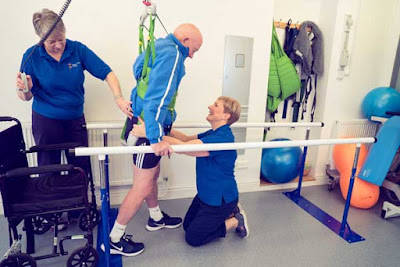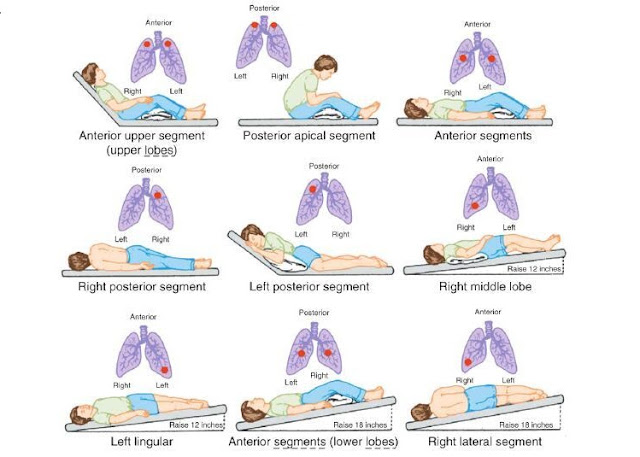Recent Advances in Rehabilitation
In Many countries, 13-14% of the population have some degree of disability. The demand for rehabilitation services will rise as evidence accrues for their usefulness and as more people survive longer with substantial disability. Recent evidence strongly supports the provision of well organized, coordinated, multidisciplinary rehabilitation services based on a problem-oriented method. In the future, specific interventions will be more evidence-based, leading to the more appropriate use of interventions and more appropriate referrals to professional facilities.
Rehabilitation has recently seen many practical inventions and new evidence for specific interventions, but the major advances in rehabilitation are theoretical rather than practical. Firstly, the approach to patients has moved from a mainly medical one to one in which psychological and sociocultural aspects are equally important. Secondly, the need for organized professional rehabilitation services—for example, for neurological disabilities—is being recognized.
Recent advances
· The World Health Organization has developed a coherent model of illness that aids to explain the origins and effects of ill health and the nature of rehabilitation
· Specialist, coordinated, multi-professional disability services have now been shown to be operative and well-organized
· Rehabilitation has started to develop an evidence-based specialty
Many people, those with a disability, are concerned about the “medicalization” of disability. One important significance of adopting the revised model is that these worries are acknowledged. The model emphasizes the relation between disease and disability and sets the rehabilitation agenda clearly in a social context while still recognizing that disease has an important influence on patients' levels of physical activity and social participation and on the process of rehabilitation.
The model displays that services and agencies must work together for rehabilitation to be effective. It also extends the limits of rehabilitation—from the few conditions where recovery is expected to any condition in which someone experiences disability or handicap secondary to (or as part of) illness. For example, people with multiple sclerosis, motor neuron disease, or rheumatoid arthritis are all potential customers of rehabilitation services.
In neurological rehabilitation, evidence is emerging to support a pragmatic, functional, or task-oriented approach in contrast with a theory based, impairment-oriented approach. The first involves practicing activities such as dressing, rather than trying to reverse the underlying impairment(s); gait retraining in a suspended harness after a stroke also seems to be effective. Evidence from other fields emphasizes the need to use a psychologically based approach in all rehabilitation, not simply in neurological rehabilitation.




Comments
Post a Comment